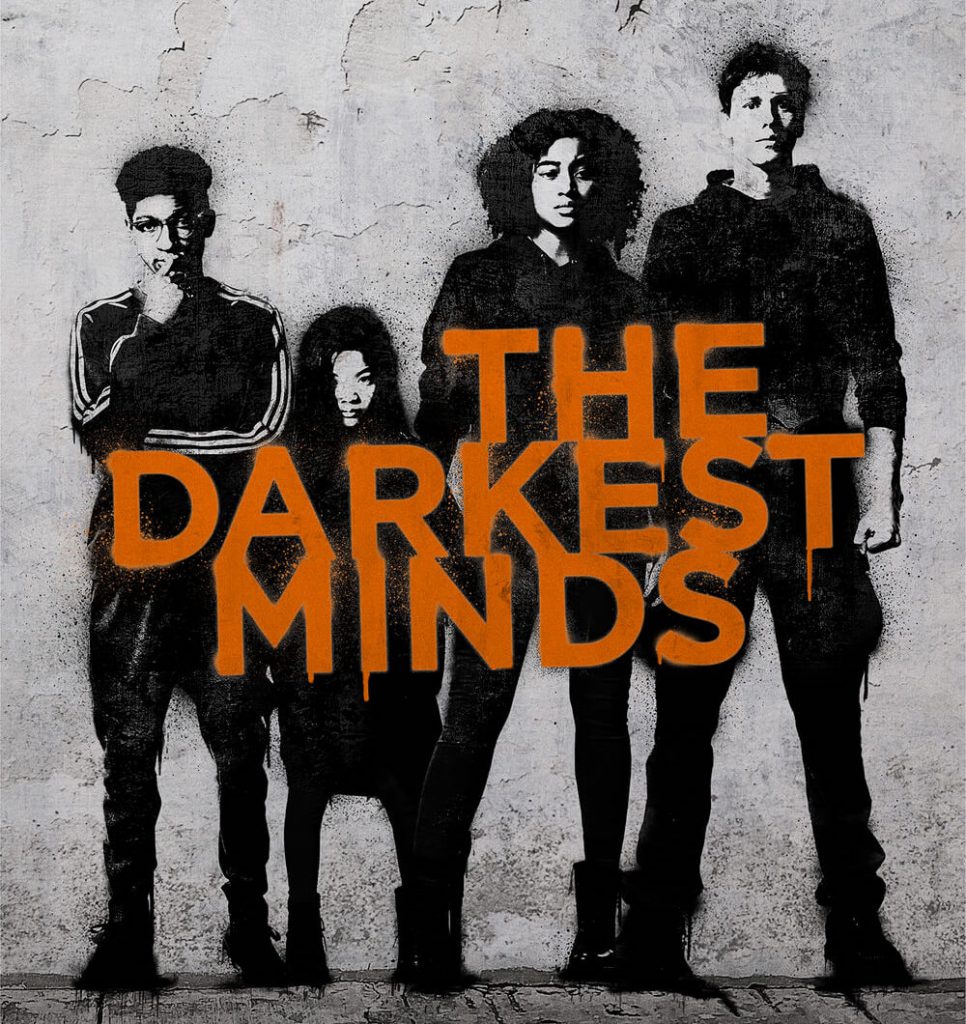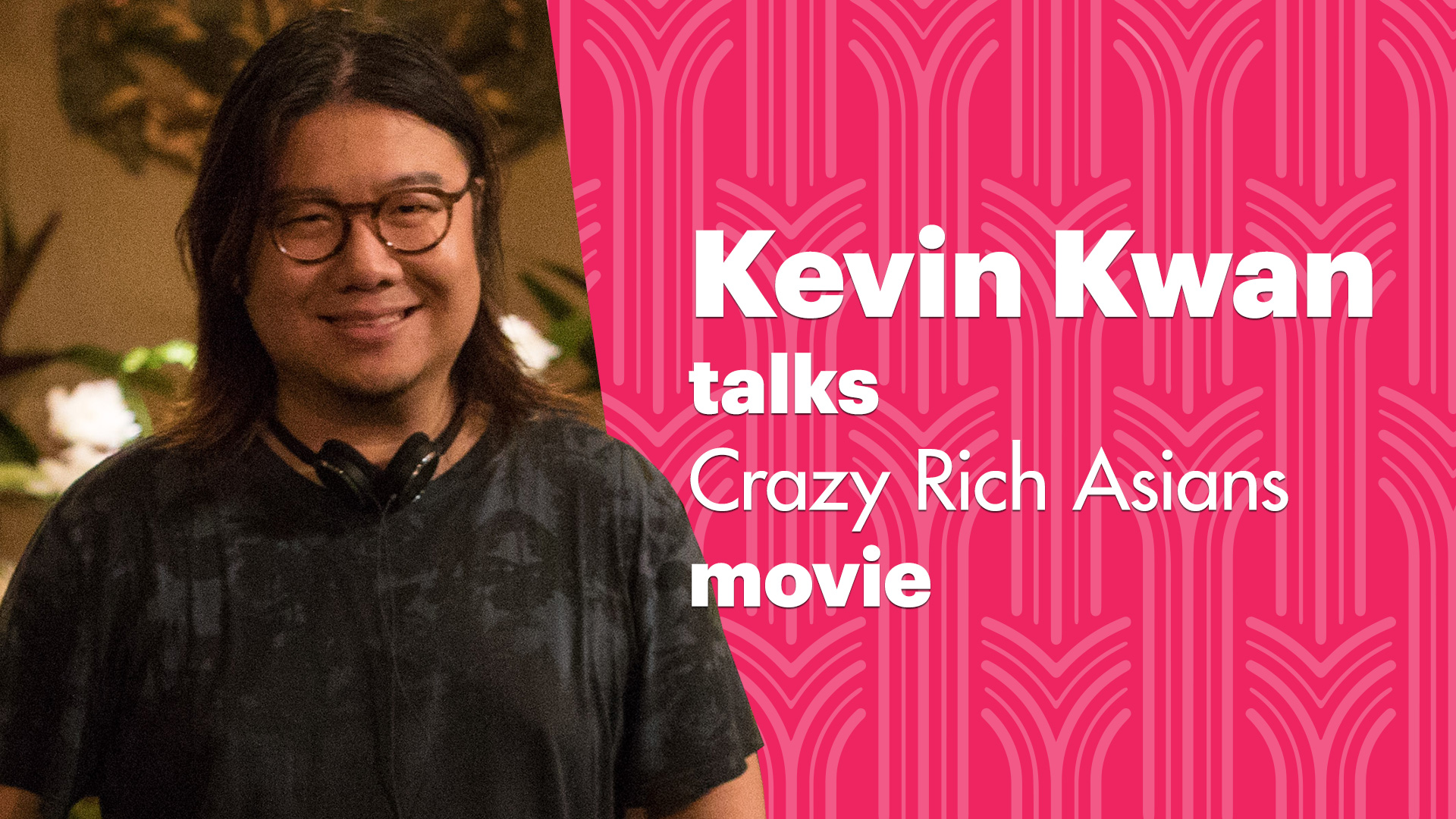You know Jennifer Yuh Nelson best from her Academy Award-nominated efforts directing the second and third installments of DreamWorks’ “Kung Fu Panda” franchise. There, she reached quite a few milestones, from cementing her name in history as the first woman to direct an animated feature from a major studio to becoming one of the highest-grossing woman directors of all time.
Two years ago, Nelson announced her shift to live-action features with “The Darkest Minds,” an adaptation of the popular young adult series by Alexandra Bracken produced by 21 Laps Entertainment.
The film is set in a dystopian world where a mysterious disease wipes out 90 percent of all children worldwide. The remaining 10 percent, who are placed in internment camps, have superpowers that range from enhanced intelligence to telekinesis and, in the rarest cases, mind control. We follow a group of like-minded runaways (Amandla Stenberg, Miya Cech, Harris Dickinson, Skylan Brooks) as they battle oppression and seek freedom.
Was there a particular moment that made you want to shift into doing live action from animation?
It was a matter of timing. It got to the point where in animation, I had finished the arc of the stories that I wanted to tell. The producer of the Panda movie took me aside and said, “It’s time. You really should make the jump. If you don’t do it now, I don’t know when you’ll ever do it.” So she introduced me to a friend of hers, who introduced me to an agent. I started talking to a lot of people and read a bunch of scripts.
I feel like going from animation, a world where you’ve experienced success at the top, as one of the highest-grossing woman directors, to a whole different kind of filmmaking, must have taken some courage.
It definitely does. I hadn’t always worked at DreamWorks. I worked in TV, I worked in character design, I worked as a storyboard artist — each time, I couldn’t transfer over exactly where I was in each specialization. It does take courage. It does take a lot of, I could have sat back and continued doing animation for the rest of my career, and retired and bought a cabin in the woods somewhere, I don’t know. But I just like being challenged. I love learning new things. I love that it was thinking in ways I hadn’t thought before. That mental exercise is really hard and really frightening, but I think ultimately it keeps my brain from turning into mush.

Jennifer Yuh Nelson (Daniel McFadden/20th Century Fox)
Did working on “The Darkest Minds” and doing your first live-action change the way you see filmmaking?
It did. The time frame is different, for one thing. Sometimes you’re working for four years on one animated feature. On live-action productions, you’re just done in a year, and it’s over. It sort of takes away from the amount of pressure of spending half a decade on something, and kind of makes it more fun.
That also means you get to tell more stories in the same amount of time.
Definitely. You could do four or five live action films in the time you do one animated film. It’s just such a faster pace.
What was your first day on set like?
It was very weird experience. I had the support of an amazing crew. The thing is, I didn’t really know what to expect. I showed up on set, looked around — all these people were waiting for orders from me. It’s terrifying because in animation, you don’t have to be so present; on the spot; immediate. The biggest thing is that I learned I don’t have to be the one yelling, “Action!”, which I can’t do because no one will hear me. I would make a hand gesture and someone else could very loudly yell action for me. That helped a lot!

(Daniel McFadden/20th Century Fox)
For all its heavy themes, “The Darkest Minds” tonally feels like a very optimistic film.
I think that we live in times in which we need encouragement rather than depression. That’s not the film I wanted to make. I wanted to make something that at the end of the day, you could overcome challenges. You could feel empowered. That’s very important for young adults because they’re going through this phase where they don’t have control over their lives. That energized me, getting people a sense of ownership over their own destiny.
Did that contribute to the decision to focus less on the logistics, politics and consequences of this world we see in the movie?
It’s definitely a conscious choice to do that. When I was talking to the studio at the very beginning, I said, “I don’t want to make a dystopian young adult movie. It’s been done, and I don’t want to do it and I don’t want to see that again.” I wanted to see something that was uplifting and positive. It’s actually about joy, about finding freedom in your life — finding your best friends, finding things worth living for. People say, “Why didn’t you spend more time talking about the politics of it, or the dark elements of it?” It doesn’t reinforce the character narrative at all. It doesn’t focus on the relationships at all. That’s why it was less of a focus.
I’m a big fan of “A Bittersweet Life,” and excited to hear you’re working on a remake as your next project. What’s going on with that?
We haven’t started production. It’s being written right now. I’m a huge fan of the original as well! I think that in making remakes of classics, you’ve gotta be very respectful but also try to find a reason for it to be remade. If you make a frame-by-frame copy, then I don’t think there’s any point. The script is progressing in a really interesting way.
What kinds of projects do you want to work on?
I would love to do a hardcore science fiction or a hard-R action. I don’t think people expect that from me. It’s time!





